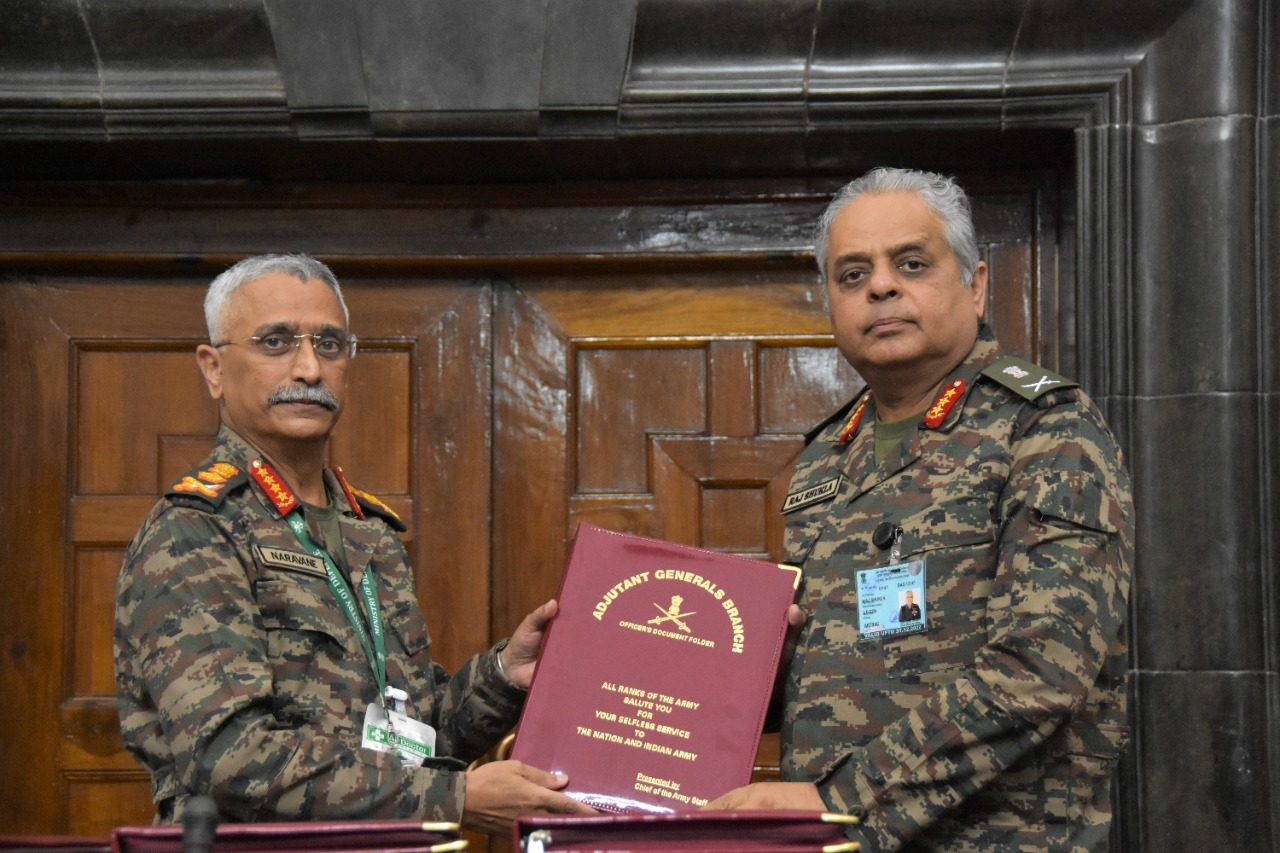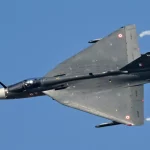The military’s Annual Confidential Report (ACR) is a pivotal document that holds immense significance in an officer’s career progression. This comprehensive assessment serves as a critical tool for evaluating an officer’s performance, identifying their strengths and weaknesses, and charting a path for their future development.
As the armed forces continue to evolve towards greater integration and jointmanship, the need for a harmonized ACR system has become increasingly apparent.
Defining the Annual Confidential Report (ACR)
The Annual Confidential Report (ACR) is a detailed assessment of an officer’s performance and potential, prepared by their immediate supervisor. This report provides a comprehensive evaluation of the officer’s leadership abilities, managerial skills, technical expertise, physical fitness, and personal conduct.
The ACR is a confidential document that plays a crucial role in decisions regarding promotions, task assignments, and future training and career opportunities.
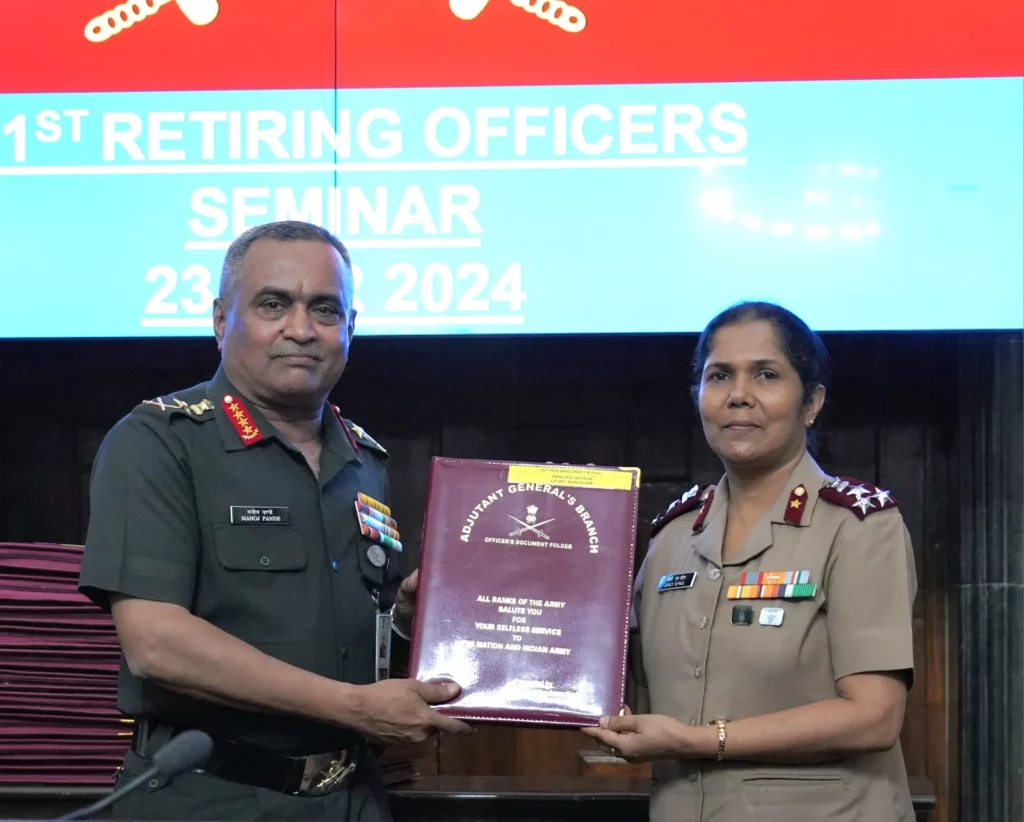
The Purpose of the ACR
The primary purpose of the ACR is to serve as a tool for evaluating an officer’s performance and potential. This assessment provides valuable feedback to the officer, allowing them to identify areas for improvement and develop strategies to enhance their skills and capabilities.
The ACR also serves as a critical input for decision-makers within the military hierarchy, who rely on this information to make informed decisions about an officer’s career progression.
The Evaluation Criteria
The ACR typically includes several key areas of assessment, each with its own set of criteria and weightage. These areas include:
Leadership and Managerial Abilities
The evaluator assesses the officer’s ability to inspire and lead others, their decision-making skills, and their effectiveness in managing resources and personnel.
Technical Expertise
The officer’s knowledge of their field and their ability to apply that knowledge in a military context are evaluated in this section.
Physical Fitness
The officer’s overall physical fitness level and any areas that require improvement are assessed, as physical fitness is a crucial aspect of military service.
Personal Conduct
The officer’s behavior, both on and off duty, is evaluated based on factors such as integrity, ethics, and adherence to military regulations.
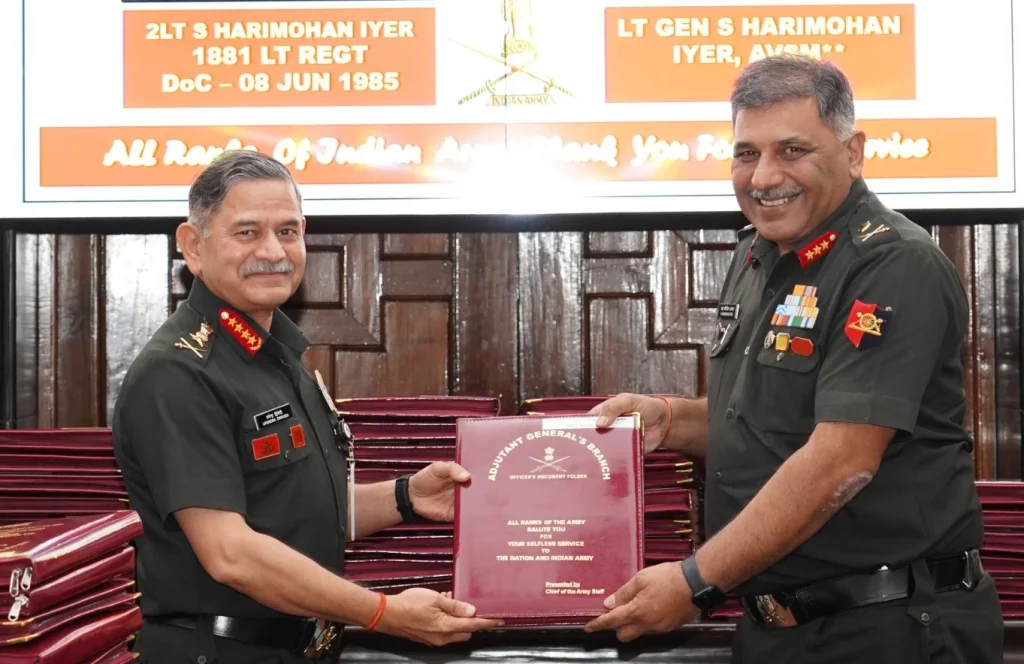
The ACR Format and Standardization
The format of the ACR may vary slightly across different military branches, but it typically includes a combination of narrative assessments, ratings, and recommendations for improvement. As the armed forces move towards greater integration and jointmanship, the need for a standardized ACR format has become increasingly apparent.
What Are The 142 Military Training Centres/Academies In The Country?
Towards a Common ACR Format
In a significant step towards achieving this goal, the Indian military has approved the implementation of a common ACR format for senior-ranked officers, starting with two- and three-star officers. This move is part of a broader effort to create integrated theatre commands and bring about greater integration and jointmanship within the armed forces.
The Importance of Cross-Service Postings
The implementation of a common ACR format is closely tied to the increasing prevalence of cross-service postings among officers. As the armed forces move towards more joint structures and organizations, the need for a harmonized appraisal system has become increasingly crucial. The common ACR will help ensure that officers are evaluated based on their performance in tri-service environments, rather than solely on service-specific parameters.
The Sanctioned Strength of Senior Officers
The Indian military has a significant number of senior-ranked officers, with a sanctioned strength of 94 Lieutenant Generals in the Army, 23 Vice Admirals in the Navy, and 29 Air Marshals in the Air Force. Similarly, for two-star officers, the sanctioned strength is 310 Major Generals in the Army, 71 Rear Admirals in the Navy, and 70 Air Vice Marshals in the Air Force. The implementation of a common ACR format for these senior officers is a crucial step in ensuring a consistent and equitable evaluation process.
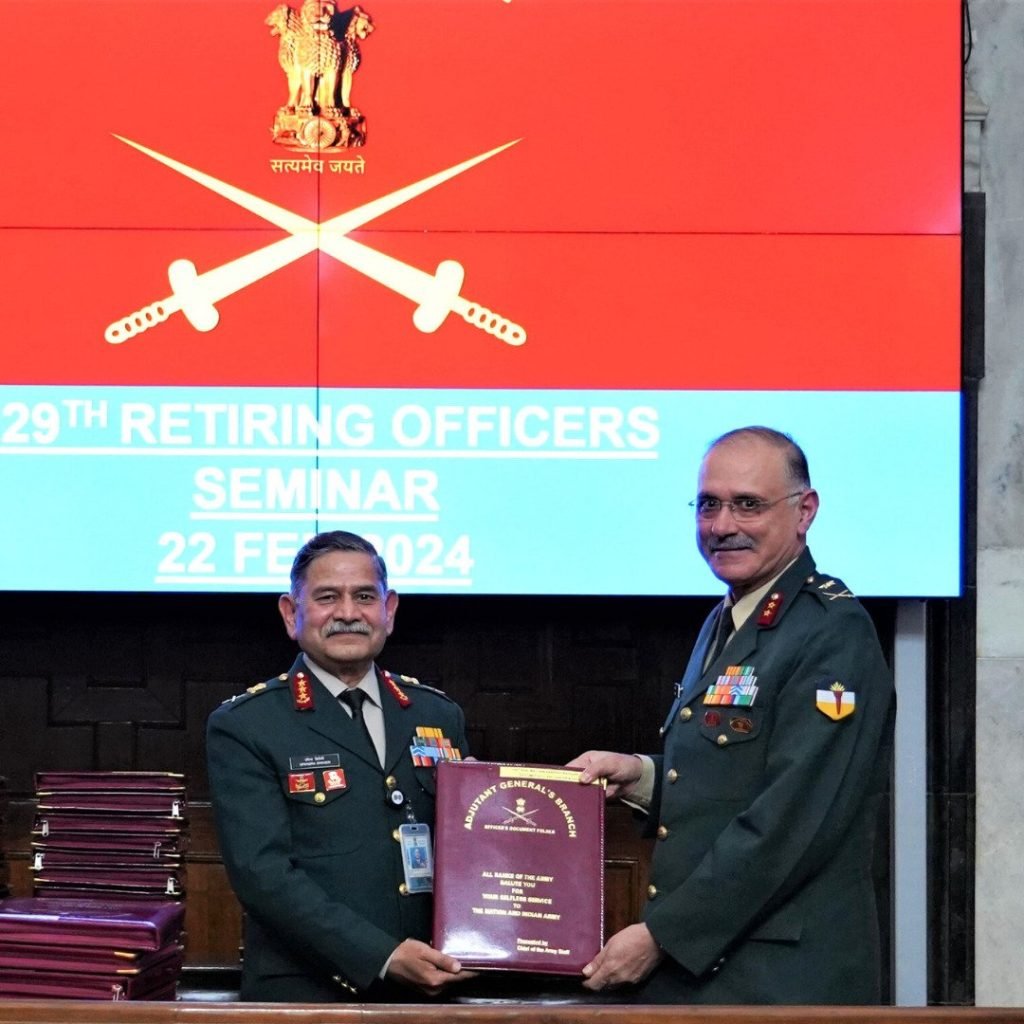
The Road Ahead
The introduction of a common ACR format for senior-ranked officers is a significant milestone in the military’s journey towards greater integration and jointmanship. As the armed forces continue to evolve, the need for a harmonized appraisal system will only become more pronounced. The successful implementation of this common ACR format will pave the way for further reforms and set the stage for the creation of integrated theatre commands, a key priority for the Chief of Defence Staff.
Empowering Officers through the ACR
The ACR is not merely a formality; it is a powerful tool that can empower officers to take charge of their own development. By providing comprehensive feedback and identifying areas for improvement, the ACR enables officers to tailor their training and career path to better align with the military’s needs and their own aspirations. This process fosters a culture of continuous learning and growth, ultimately strengthening the overall effectiveness of the armed forces.
The Confidentiality Factor
The confidentiality of the ACR is of paramount importance, as the information it contains is used to make critical decisions about an officer’s career. This confidentiality ensures that the assessment is conducted in an objective and unbiased manner, free from external influences or personal biases. It is crucial for officers to understand the importance of this confidentiality and to provide honest and constructive feedback to their evaluators.
The Feedback Loop
The ACR is not a one-way street; it is a dynamic process that requires active engagement from both the evaluator and the officer being evaluated. By providing feedback on the ACR and engaging in open dialogue, officers can help ensure that the assessment accurately reflects their performance and potential. This feedback loop is essential for improving the accuracy and usefulness of the ACR, ultimately benefiting the officer’s career and the overall effectiveness of the armed forces.
Ever Wondered Why Ships Are ‘Commissioned’ & Other Machinery ‘Inducted’?
Conclusion
The Annual Confidential Report (ACR) is a vital component of the military’s human resource management system, serving as a comprehensive assessment of an officer’s performance and potential.
As the armed forces continue to evolve towards greater integration and jointmanship, the need for a harmonized ACR format has become increasingly apparent. The recent approval of a common ACR for senior-ranked officers is a significant step in this direction, paving the way for a more equitable and effective evaluation process.
By empowering officers through the ACR and fostering a culture of continuous feedback and improvement, the military can ensure that its most valuable asset – its personnel – are positioned for success and the overall readiness of the armed forces is enhanced.

